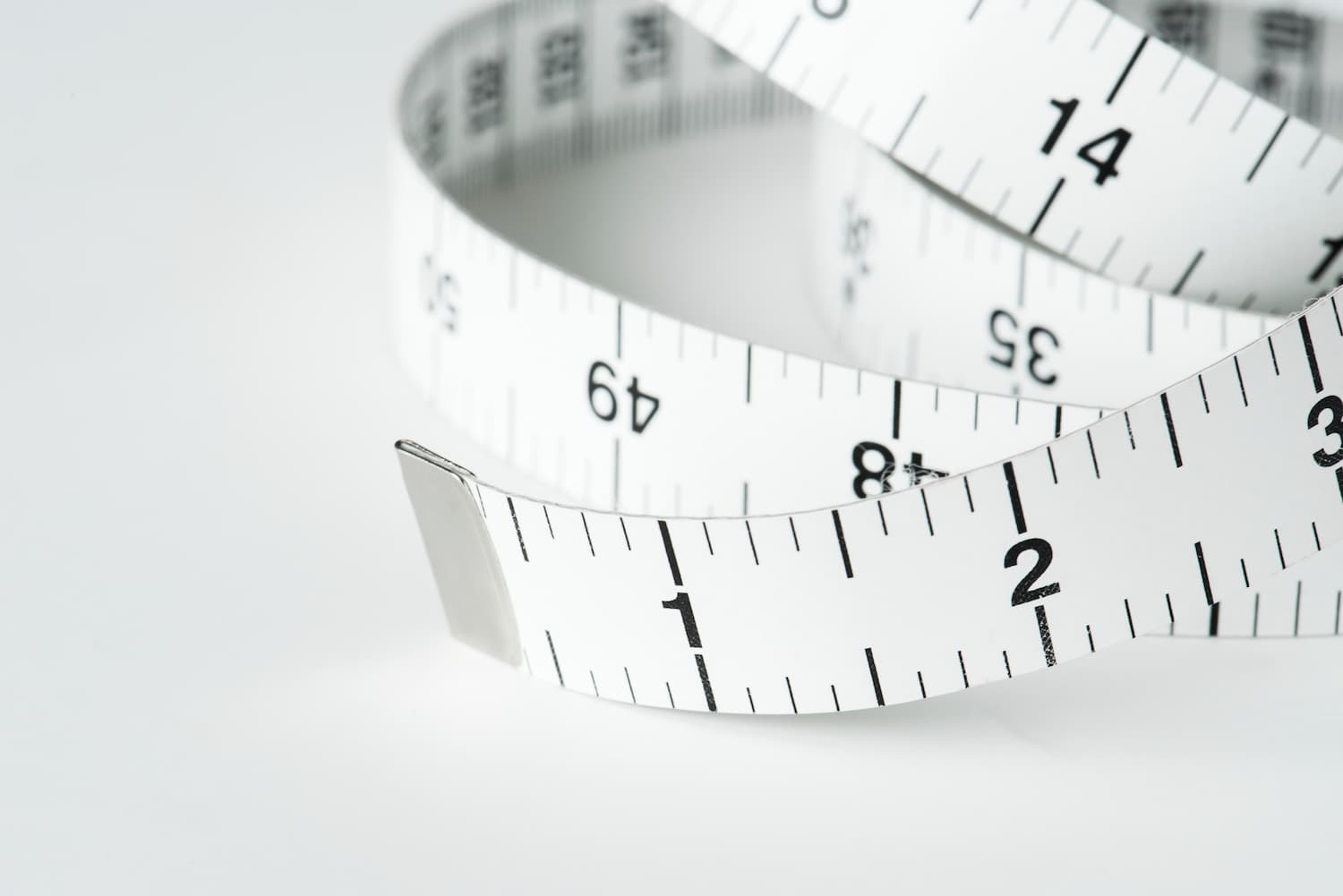The paradox of measurement

Every individual and organization striving for improvement needs a way to track progress - a metric or measure that tells us how close we are to achieving our goal. However, there's a caveat: Goodhart's Law, a principle named after economist Charles Goodhart, states that:
When a measure becomes a target, it ceases to be a good measure
Let's dissect this concept further.
# Losing sight of the broader goal
At its heart, Goodhart's Law is about the inherent tension between measurement and optimization. When we begin to focus solely on optimizing a specific measure to hit a target, we risk losing sight of the broader goal it represents.
Consider the popular health guideline of walking 10,000 steps a day. This measure originated as a marketing campaign during the Tokyo Olympics in 1964. A Japanese pedometer company named their product "Manpo-kei," which translates to "10,000-step meter". It was catchy and memorable, and it stuck.
It is, without a doubt, beneficial to maintain an active lifestyle. However, if we narrow down our health objective to this single measure - achieving 10,000 steps daily - we may inadvertently sidestep other vital aspects of health.
We might walk 10,000 steps but neglect proper nutrition, adequate rest, strength training, and mental well-being. We might even push ourselves to hit this target when our body signals it needs rest, leading to overexertion or injuries.
# When measures become counter-productive
Goodhart's Law warns us of this distortion. It is not saying that measures are useless; instead, it suggests that no single measure can wholly capture complex realities.
Applying this principle, businesses need to be mindful of their performance indicators. A company may aim to increase its customer base, but if it becomes obsessed with this measure, it might employ aggressive marketing tactics, thus annoying potential customers and damaging its reputation. The original goal - to improve business health - is forgotten.
Education systems too should heed Goodhart's Law. If schools overly focus on students scoring high grades (the measure), they may neglect the ultimate goal of education: instilling a love for learning, fostering critical thinking skills, and preparing students for life.
# Conclusion
In essence, Goodhart's Law reminds us to balance our focus between the measure and the larger objective it symbolizes. It warns us against the tyranny of singular metrics and encourages us to embrace a holistic, multifaceted approach to achieving our goals.
Remember, measures are merely tools to guide us towards our goals, not the goals themselves. We should be careful not to fall into the trap of "target fixation", where we lose sight of the bigger picture in our pursuit of hitting a specific number.
In the race towards our targets, let's not forget to take care of the overall health of our journeys - be it personal or organizational. After all, the journey matters just as much, if not more, than the destination. Cheers!!
Did you like this one?
I hope you really did...
Newsletter
Get notified about latest posts and updates once a week!!
You liked it?